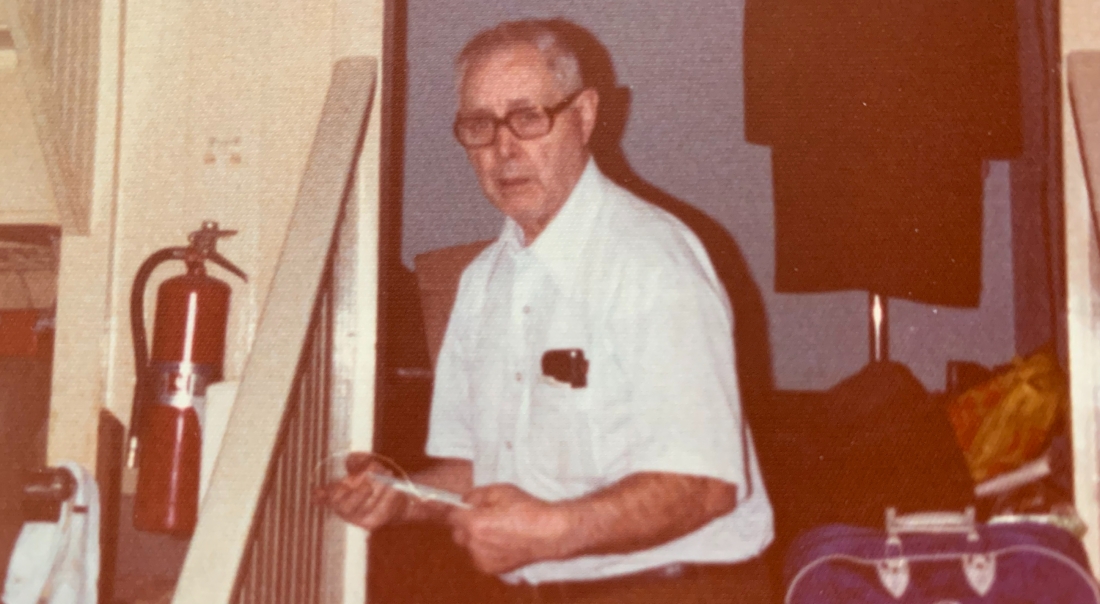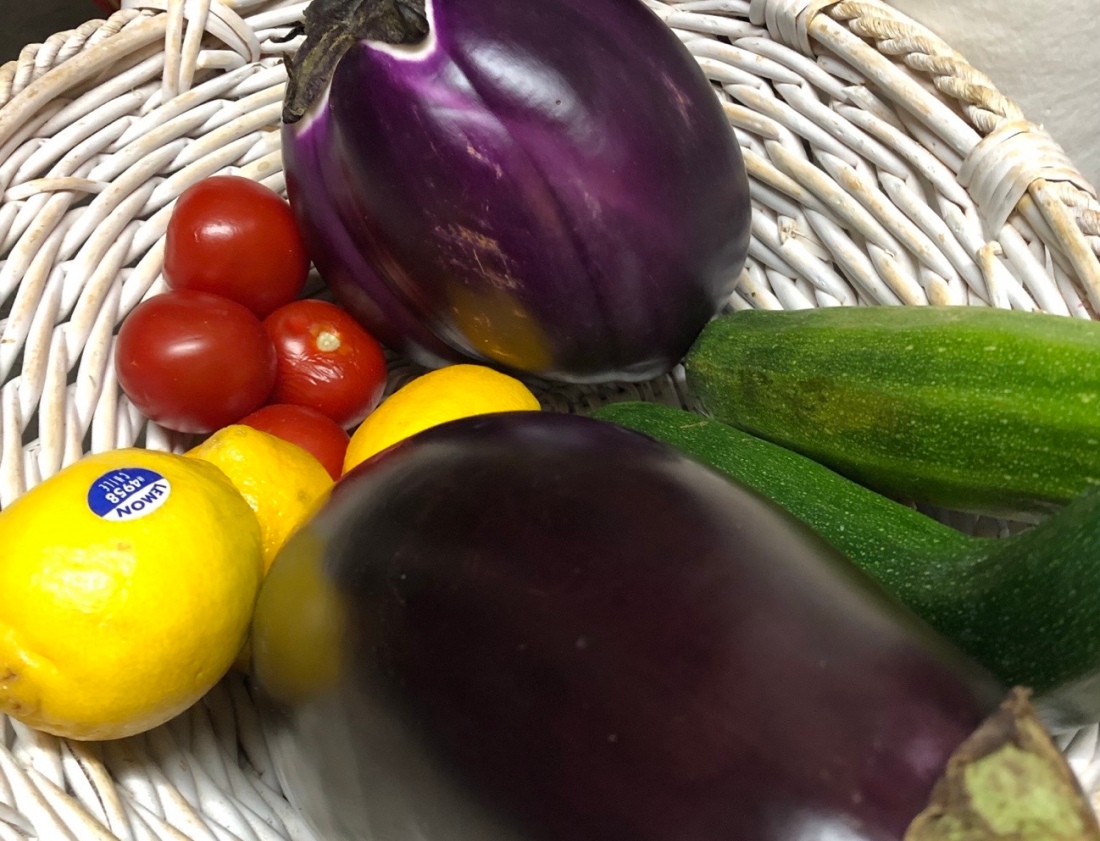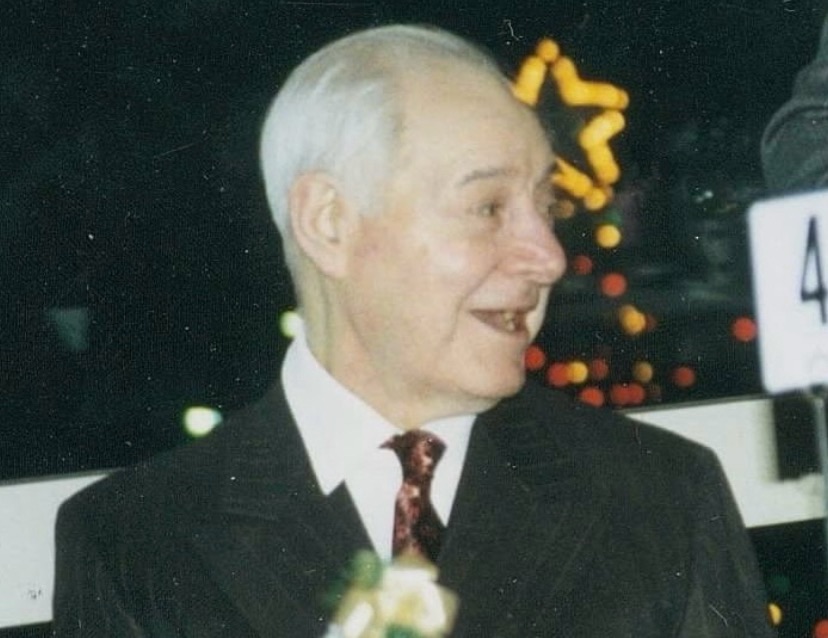Literally meaning “to be against,” a contrarian is someone who takes an opposite stance to popular opinion. To have a healthy suspicion of what is perceived as “popular” is a good thing, and I often find myself on the contrarian side. As I’ve gotten older, I have noted that most people do things that others do because of a herd mentality, not necessarily from their own choices.
Occasionally breaking this habit of being contrarian is necessary to enjoy life, of course (i.e. attending a major concert or popular restaurant), but the Sicilian side of me casts a wary eye to the idea of following due to indecisiveness, or just for the hell of it.
This mold of the contrarian mentality began to form in me at an early age – in my middle school years, while my peers may have been listening to the Stones, Beatles, or disco, I was being introduced to the Clash, Van Halen, and the Sex Pistols.
(Disclaimer: I absolutely adore the Stones, Beatles, and….yes, disco!)

In high school, while the rest of the guys in the military academy I attended had short flat top or “high and tight” haircuts, I worked on growing mine out to shoulder length – much to the chagrin of my parents and school administration.
At work in the family business, I noticed the contrarian mentality in action.
While the approved working hours were nine to five in the outside world, my grandmother was often hustling down to the restaurant at 6 A.M. to get a roasted turkey in the oven, and a cauldron of soup simmering on the stove top to serve for the lunch hour rush that same day.
While many men my grandfather’s age (and younger) would be occupying a bar stool during the day, “Pop” never touched a drop of alcohol. There was a business to help run, and he needed clarity of mind. He saw less than that as a weakness.
The examples above proved that although I may have discovered the ability to think differently on my own, it was reinforced by mentors and family members.

My grandfather, late 1970s
There’s always pressure to live a lifestyle that other Americans embrace, but my grandparents’ generation was different.
When it seemed the world was getting complicated and spinning into chaos, they were happy with a simple existence and singular focus.
Growing Older: New Data, New Opinion
You may notice that when you hit your 50s and 60s, the stakes have changed.
You’ve modified your priorities. You have more confidence than in the past.
You’re not all that concerned with impressing other people. You may not buy things you don’t need, like you used to.
Your idea of success could transform: it’s not unusual for me to feel more invested in my children’s success than my own these days.
“My 60s is my favorite decade of life. When people ask you to do something when you’re in your 60s, you just say ‘no’.” – Jerry Seinfeld
Tapping Age Old Wisdom
My grandparents, my great aunts, (Carmela and Nicolina) and other members of my extended family had a great understanding of what makes life meaningful, and the perception of what became more important as they aged.
As always, I draw from that well of sage advice that was passed to me in my youth, as I grow older.
Your body does not have to break down as you age from neglect. A friend passed along recently the great idea to “rediscover your inner child,” and make room for play. When I was younger, I loved to be outside and run around. So, running has made it’s way back into my life.
I believe the more physical activity you can muster, the better: it helps keep an older body fine tuned, and hopefully retards the aging process.
My Nonna once said: “you stop moving, you die.” She knew the importance of consistent movement, and understood that’s what the body is constructed for. My best memories of her include the non-stop action in her kitchen, whether home or business.
Her theories may have been old school, but she was rarely wrong.
Like them, as I age, I appreciate experience over material.
For my wife and I, traveling more is important as we get older. Because we’ve decided that a larger home, unwieldy tax burdens, and new cars just aren’t that important, we find ourselves with a little extra cash to squirrel away for travel.
Nicolina, and earlier in my life, Carmela, practiced this same concept of experience over things, the majority of time on a more local level. As I wrote in a previous post:
Gathering around the table for a shared meal or glass of wine is a sure fountain of youth – flashes of my childhood, adolescence, and beyond are abundant at table, whether sitting with family and friends.
I like to focus on the big things, and forget about the minutiae. I care about my son. My daughter. My wife. Extended family, friends, my older neighbors. The list of what I care about is brief: the “I don’t give a shit” list is longer, and growing.
I continue to be apathetic in regard to politics (even in an election year) – so a rift forming between family or friends because of political preference is unlikely, and wouldn’t make any sense in my life – much as it makes zero sense in the lives of others.
Nonna loved voting with her gut and instinct, and never missed her opportunity to vote. She even supported a newly elected pope because she “liked his face.”
Her Sicilian instinct moved her to vote for the “better human” in any election, and we like to think we do the same.
Time, flowing like a river
I also have cultivated an understanding of the importance of time: meaning, the time you have left remaining.
This is not what I would think about as a man in my twenties. Time was not a factor.
But now, being appreciative of every moment you can spend with friends and family is of paramount importance.

My time here is finite. Yours, as well.
When that realization really hits home, you understand the significance: what the outside world deems as necessary is bull, and you simply don’t have the time for that.
You don’t necessarily have to be older to enjoy this way of thinking – you can be one of those younger outliers – but there will come a time when a light switch is flipped:
You know exactly who you are.
You know what you stand for, and where your standards lie.
So, if you still want to hop on the bandwagon of a resolution to achieve in this (still) brand new year, I’ve got one for you: spend your time as if that hourglass is running out, and you’re looking right at it.
That’s the contrarian lifestyle in action.
Like this article? There are over 145 more like it on this site. Browse around! Please share on your favorite social media channel. For additional articles, see the related content below, and to be notified of future posts, please enter your email in the space provided.









